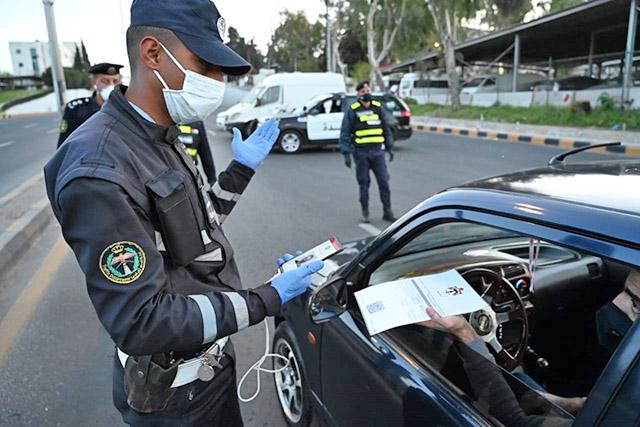- Local News
- Friday-2020-04-10 | 03:54 pm

"Jordan is being praised by international health organisations and the media as being one of the safest countries in the world, and for how the government is handling the COVID-19 crisis,” said National Epidemiology Committee physician Israa Tawalbeh.
The physician was speaking during a web lecture titled "Where we are now in facing COVID-19”, organised by Solidarity Is Global Institute (SIGI).
According to Tawalbeh, international health entities have praised Jordan "as one of the strongest and fastest countries to adopt health measures that have worked to prevent the spread of the virus in our society”.
The Health Ministry "has been planning every step in a smart, tactical and scientific manner in coordination and consultation with the team of the epidemiology committee”, Tawalbeh said.
That is why, the physician added, the number of deaths is low, and fatalities have occurred mainly among people with prior existing health conditions.
"We do not know what might happen in the future, but if our procedures continue to be adopted in the right manner, then hopefully we can contain the spread of the virus, or delay its spread until a medical cure is found,” Tawalbeh said.
Epidemiology expert Bassam Hijawi, who also took part in the lecture, said that the number of cases in Jordan since the emergence of COVID-19 "has not surpassed the alarming international figures”.
"The situation in Jordan is under control for the time being, but we have to be careful because COVID-19 is deceiving and could explode rapidly,” Hijawi warned.
Most world epidemics last between six to nine months, but "the situation with COVID-19 is vague, and we need to consider that everyone carries the virus unless proven otherwise”, Hijjawi stressed.
The two epidemiology experts agreed on the importance of the public abiding by the government’s health regulations and instructions and staying home.
SIGI Executive President Asma Khader, who also spoke during the lecture, said: "COVID-19 has forced us to alter our social habits, including ones that were harmful to our health and instead adopt new, healthy lifestyles”.
"We also hope that the government will join civil society in providing health and other services to people who are in need, especially victims of domestic violence,” Khader added.










